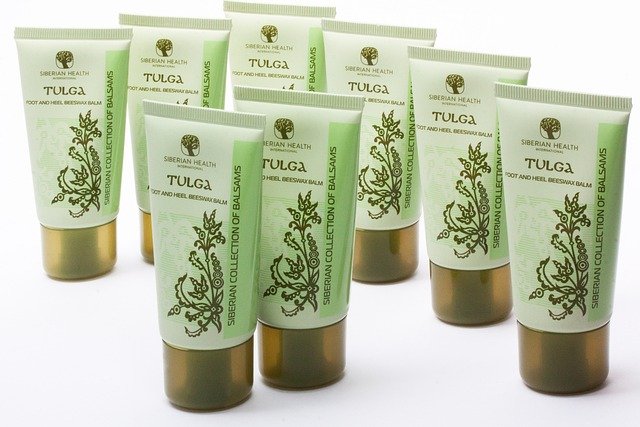The Rise of Clean Beauty in the UK Market
The beauty industry in the United Kingdom has undergone a significant transformation in recent years, with the emergence of clean beauty as a dominant trend. This shift towards more natural, eco-friendly, and ethically produced cosmetics has reshaped consumer preferences and forced established brands to adapt. The clean beauty movement, which emphasises transparency in ingredients and production methods, has gained momentum due to growing awareness of environmental issues and health concerns. As British consumers become increasingly conscious of what they put on their skin and the impact of their choices on the planet, the demand for clean beauty products has skyrocketed, leading to a proliferation of new brands and product lines.

Defining Clean Beauty in the UK Context
While there is no universally agreed-upon definition of clean beauty, in the UK market, it generally refers to products that are free from potentially harmful ingredients such as parabens, sulphates, and artificial fragrances. Clean beauty brands often go beyond ingredient lists, focusing on sustainable packaging, cruelty-free practices, and transparent supply chains. The UK’s stringent regulations on cosmetic ingredients, influenced by EU standards, have helped shape a rigorous approach to clean beauty. This has led to a more discerning consumer base that expects high standards of safety and efficacy from their beauty products.
The Role of Technology in Clean Beauty Innovation
Advancements in cosmetic science have played a crucial role in the development of clean beauty products that can compete with their traditional counterparts in terms of efficacy. UK-based labs and research facilities have been at the forefront of creating plant-based alternatives to synthetic ingredients, developing new extraction methods, and improving the stability and shelf life of natural formulations. This technological progress has enabled clean beauty brands to offer a wide range of products, from high-performance skincare to long-lasting makeup, without compromising on their clean ethos.
The Impact on Established Beauty Brands
The rise of clean beauty has forced many established UK beauty brands to reassess their product lines and marketing strategies. Major retailers like Boots and Superdrug have expanded their clean beauty offerings, while luxury department stores such as Harrods and Selfridges have dedicated entire sections to natural and organic beauty products. Legacy brands have responded by launching clean beauty lines or reformulating existing products to meet the growing demand for safer, more natural options. This shift has led to increased transparency across the industry, with many brands now voluntarily disclosing their full ingredient lists and sourcing practices.
Consumer Behaviour and Education
The clean beauty movement has given rise to a more educated and empowered consumer base in the UK. Beauty enthusiasts are now more likely to research ingredients, scrutinise labels, and demand transparency from brands. This has led to a wealth of online resources, blogs, and social media accounts dedicated to clean beauty education. UK-based influencers and beauty experts have played a significant role in disseminating information about ingredients, sustainable practices, and ethical consumption. As a result, consumers are making more informed choices and holding brands accountable for their claims and practices.
Challenges and Controversies in Clean Beauty
Despite its popularity, the clean beauty movement in the UK has faced its share of challenges and controversies. The lack of a standardised definition for “clean” has led to confusion and potential greenwashing, with some brands making unsubstantiated claims about their products’ natural or organic status. Additionally, the higher cost of many clean beauty products has raised concerns about accessibility and inclusivity. Critics argue that the movement may inadvertently promote fear-mongering about synthetic ingredients that are scientifically proven to be safe. These issues have sparked ongoing debates within the UK beauty community about the true meaning and value of clean beauty.
The Future of Clean Beauty in the UK
As the clean beauty trend continues to evolve, it is likely to become more mainstream and integrated into the broader beauty industry. UK consumers can expect to see further innovations in sustainable packaging, with a focus on reducing plastic waste and embracing refillable options. The line between clean and conventional beauty may blur as more brands adopt cleaner formulations and transparent practices. There is also a growing interest in “blue beauty,” which emphasises ocean-safe ingredients and packaging, reflecting the UK’s island nation status and concern for marine ecosystems.
Conclusion
The rise of clean beauty in the UK market represents a significant shift in consumer values and industry practices. As British consumers become increasingly aware of the impact of their beauty choices on their health and the environment, the demand for clean, transparent, and ethically produced cosmetics is likely to continue growing. This movement has not only transformed product formulations and marketing strategies but has also fostered a more informed and engaged beauty community. As the industry adapts to these new expectations, the future of beauty in the UK looks set to be cleaner, greener, and more transparent than ever before.




